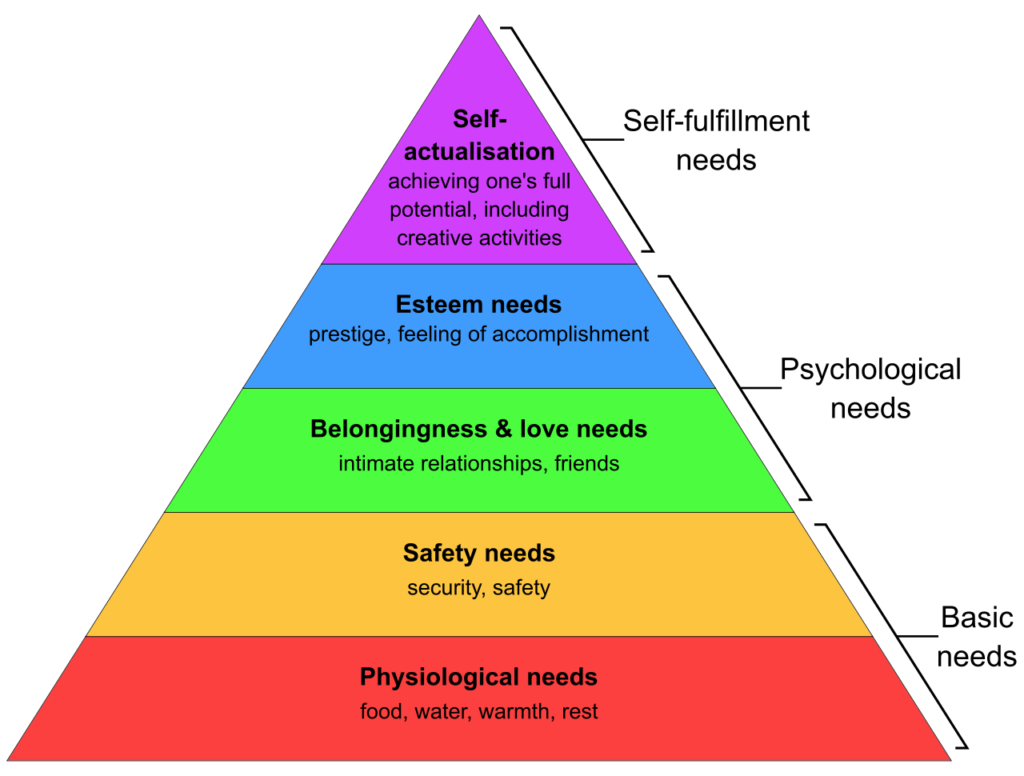Is Respectful Communication Worth the Time and Effort At Work?
Recent social movements have demanded public attention showcasing those who live and have lived sidelined from respectful behaviors and engagement. Protests, unrest, walkouts, and the like emphasize the need for organizations to evaluate their policies and, more importantly, their leadership’s demonstrated behavior of what policies they publish.
That leaves us with many questions and certainly a wide variety of topics to cover. Today, however, let’s talk about the value (business value) of inclusive speech and respectful communication, to your business or organization.
Is the Cost Worth the Value?
It’s no easy task to change organizational culture and behavior. And let’s face it, that is an understatement. The cost of research, leadership education, policy formation and distribution, employee training, and accountable processes to ensure policies are respected cost money, and usually a good deal of money. But is the cost worth the value?
Let me introduce a research piece published this year by a scholarly quartet of university researchers from different institutions entitled: The Effect of Respect: Respectful Communication at Work Drives Resiliency, Engagement, and Job Satisfaction among Early Career Employees.
The paper explores concepts of respectful engagement, autonomous respect, and occupational resilience. They found definite indicators that each of these behaviors drive positive outcomes such as:
- job satisfaction
- employee loyalty/retention
- job engagement
Respectful engagement and autonomous respect resulted in occupational resilience. Workers feel that employers respect the employee’s well-being, and the long-term benefit to the company is devotion and dedication.
The Meaning of Autonomous Respect
Okay, wait, Phil, what do you mean by “autonomous respect?”
I found that The Encyclopedia of Global Bioethics offers a useful definition and description:
Respect for autonomy is therefore respect for the capacity and right of persons to determine their own fortunes. … Most basically, respect for autonomy requires giving persons independence in their decisions and actions to the extent to which they do not harm others or do not violate others’ rights
- (Łuków P., Różyńska J. (2015) Respect for Autonomy. In: ten Have H. (eds) Encyclopedia of Global Bioethics. Springer, Cham. https://doi.org/10.1007/978-3-319-05544-2_380-1 .RIS)
The Outcomes of Respect
Respect is the state of being treated politely or being properly recognized for behavior.
A respectful leader is someone who appreciates employees for their importance and the valuable contributions they make to an organization.
Workplace respect offers tangible and intangible rewards. No matter what role we play at work, we are psychologically wired to want to do work of value to others. We want to feel useful and to know we serve a unique purpose that positively impacts the organization’s future.
I know we left Maslow and his Hierarchy of Needs in the lecture hall, but perhaps it is worthy of note in this discussion.

Credit: Wikipedia
Maslow’s premise was that humans require basic physical and psychological needs to be satisfied to feel as though they were beings of value and use in this world.
The Blank Stare
In my daily work with leaders across various industries and organizational structures, I am constantly reminded how much I need to remind them of respectful conversation and behaviors. Recently I asked a leader how often they gave specific positive feedback to their team members. I waited, and he stared blankly. I recognize the stare. It’s not unusual. We need first to authentically recognize the value of others, and secondly to communicate that effectively.
As leaders, we are communicating to our employees every day just how much the company values them by what we say, do, don’t say, and don’t do.
Best Boss- Worst Boss
It is as simple as the Best Boss /Worst Boss exercise we do in our online and in-house leadership workshops.
The exercise is simple. Take a sheet of paper and on the top left of the page, write the name of the BEST BOSS you remember in your work experience. Next, slide across the page and do the same with the WORST BOSS. Write their name down.
Now think of them as you list underneath their name what they did or didn’t do that made you think of them as the leaders of these prestigious categories.
I am willing to bet that you have listed under the BEST BOSS actions and attitudes that caused you to sense your significance – your unique worth to the organization. Similarly, the WORST BOSS will be the person who when you left the job, you hoped you never thought of them again. ( I know, “thanks a lot, Phil, for reminding me!”)
Best Bosses are people who demonstrate respect. It doesn’t matter what you do for the company, how tired they are, or how late they leave the office. You matter, and you know it by the way they make you feel.
They don’t need the policy to define how they treat you. The policy is written about how they treat you.
Gandhi Had It Right
“Be the change you want to see.” Become “respect” before anyone demands it from you.






